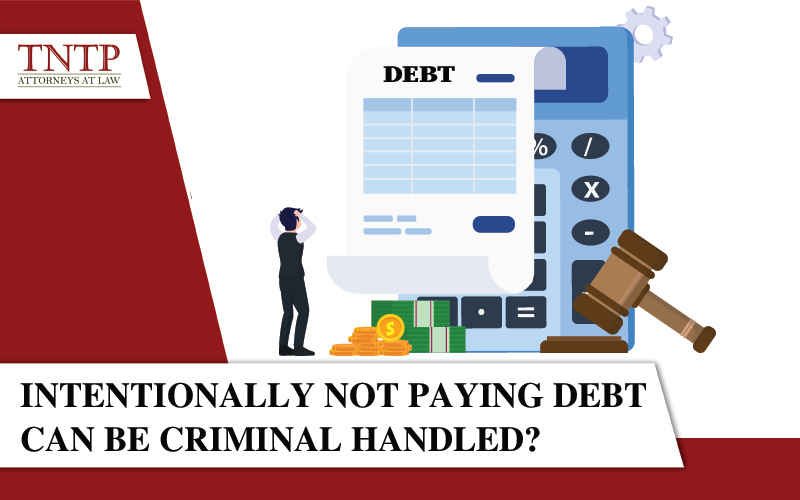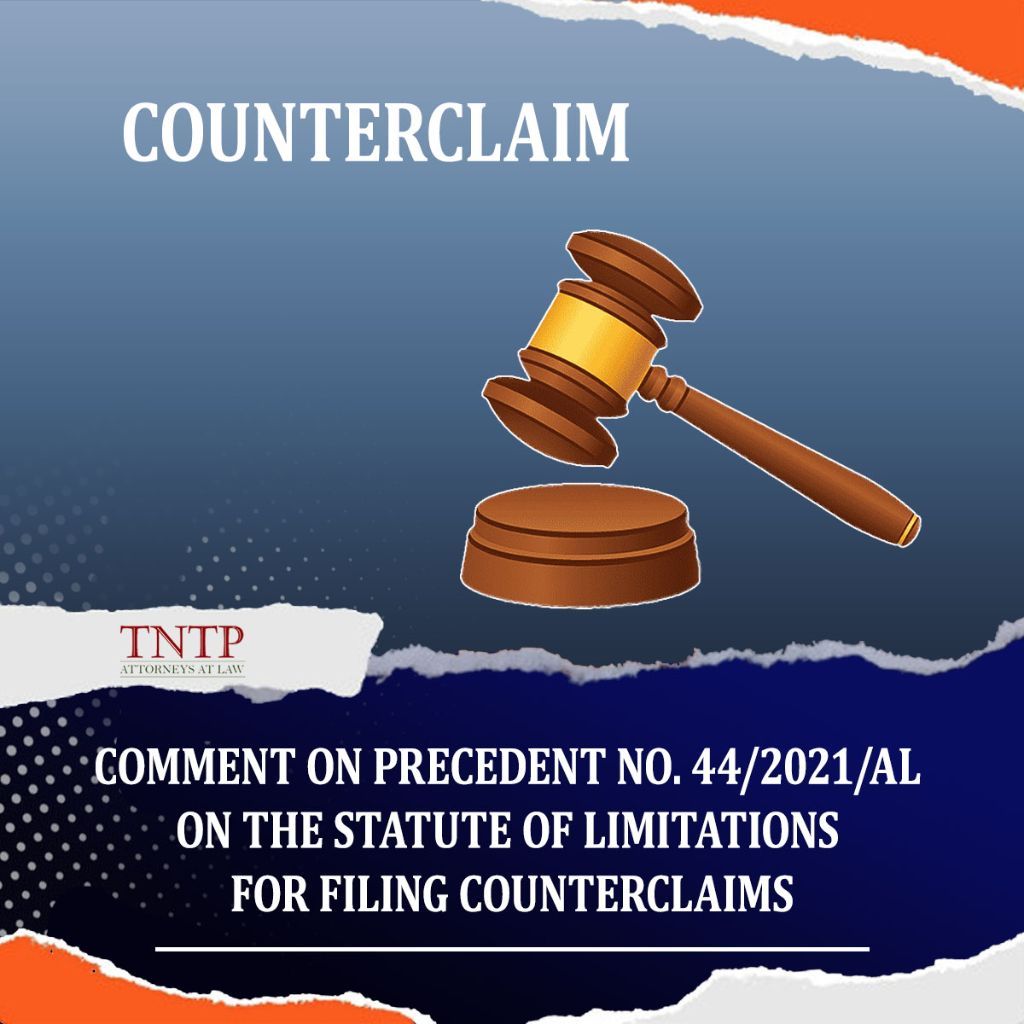Perform the contract upon the basic change of circumstances
In some cases, due to various reasons, the parties cannot perform the contract as agreed initially. One of these reasons can be the basic changes of circumstances. In the following article, we will analyze the contract performance upon the basic change of circumstances.
1. Performance of contract upon the basic change of circumstances according to regulations of the Law
According to Article 420 of the 2015 Civil Code (“Civil Code”), the change of circumstances shall be deemed basic when it meets all following conditions:
- The circumstances change due to objective reasons that occurred after the conclusion of the contract. The objective reasons do not arise from the subjective consciousness of the parties.
In case one of the parties performs an act so that the contract is not performed or is performed improperly and fully, it is not considered a basic change of circumstances. This violating party will have to perform the contract and pay compensation if it causes damage or be fined for the breach per the mutual agreement.
- At the time of concluding the contract, the parties could not foresee a change in circumstances. Determining whether the parties did not foresee such change depends on the honesty and goodwill of the parties.
- The circumstances change such greatly that if the parties know in advance, the contract has not been concluded or is concluded, but with completely different content. In this case, the parties did not foresee that after the conclusion of the contract, the change which is considered a basic one would occur.
- The continuation the contract performance without the change in the contract would cause serious damage to one party. Thus, it can be understood that, when the basic change of circumstances takes place, the parties can still continue to perform the contract, but the performance of the contract will cause serious damage to one of the parties.
The continuation or termination of the contract performance depends on the agreement of the parties. One party will not have the right to unilaterally change the content of the contract. In case one party unilaterally changes the content of the contract. without the consent of the other party, this change will not take effect and if it causes damage, the violating party will have to compensate for damage according to the provisions of law.
- The party having interests adversely affected has adopted all the necessary measures in its ability, in accordance with the nature of the contract, cannot prevent or minimize the extent of effect. In case a party having interests adversely affected by a change in circumstances does not take the necessary measures in its ability to prevent the change, it will not be considered a basic change in circumstances. Accordingly, the party with affected interests will bear the risk when damage occurs.
2. Solutions for basic change of circumstances
- Negotiation: In the case of basic circumstances change, the affected party may request the other party to re-negotiate the contract in a reasonable period of time. This is considered one of the solutions that should be applied first because it is the most effective one. If the parties are in good faith, the dispute can be resolved quickly and in a timely manner.
- Failure of negotiation: If the parties cannot reach an agreement on amending the contract within a reasonable period of time, one of the parties may request the competent People’s Court to settle the dispute. The court can settle the dispute in two ways:
- Terminate the contract that the parties have entered into at a specified time, this time may be proposed, requested by the parties or determined by the Court within a reasonable period of time after the fundamental change of circumstances occurs;
- Amend the contract to balance the lawful rights and interests of the parties due to basic changes of circumstances.
3. The difference between basic changes of circumstances and force majeure events
Basic changes of circumstances and force majeure events are both changes in circumstances arising from the impact of objective factors, affecting the contract performance process that the parties cannot foresee. In addition to the similarities, there are certain differences between basic changes of circumstances and force majeure events. Determining the right type of change plays an important role in determining the rights and obligations of the parties as well as the legal consequences of the contract performance.
The difference between basic changes of circumstances and force majeure events is expressed through the following criteria:
- Regarding the performance of the contract: when a force majeure event occurs, the parties will not be able to continue to perform the contract, but in the case of basic changes, the contract can still be performed. For example, due to the increase in the price of input materials, the products’ cost increases. In such case, if the seller still mantains the initial selling price as agreed, he/she will suffer serious damage, but the seller can still make the sale to the buyer. This is considered a basic change of circumstances. In another case, due to the Covid-19 epidemic, China was forced to ban foreign entry and exit, making Vietnamese goods unable to be transported to Chinese buyers. This case is considered a force majeure event.
- Regarding the obligations of the parties: when a force majeure event arises, if the parties do not otherwise agree, the obligor will not be required to properly and fully perform the obligations that the parties had previously agreed in the contract. On the other hand, when there is a fundamental change in circumstances, in the course of negotiation to amend or terminate the contract or when the Court is handling the case, the parties must still perform their obligations as agreed in the contract. In case a party fails to perform the contract or performs improperly and fully, leading to definite damages, it shall be responsible for compensating for damage or being fined for violations if agreed by the parties.
4. Notes for the parties during the performance of the contract upon the basic change of circumstances
- The parties need to prepare in advance how to deal with the situation of the basic change of circumstances so that they can stipulate and agree on appropriate solutions for these basic changes.
- In case the parties request the Court to settle the dispute, it should be noted that the Court will only decide to amend the contract in the event that the damage of the contract’s termination will be greater than the costs of amendment.
- In the course of negotiation to amend or terminate the contract, or when the Court settles the case, the parties must continue to perform their obligations under the contract, unless the parties agree that they will not have to perform the contract when there are basic changes of circumstances until the case is resolved. If the parties do not reach an agreement, the parties must continue to perform their obligations
Above is the article “Performance of contract upon the basic change of circumstances”. We hope this article is useful to you.





